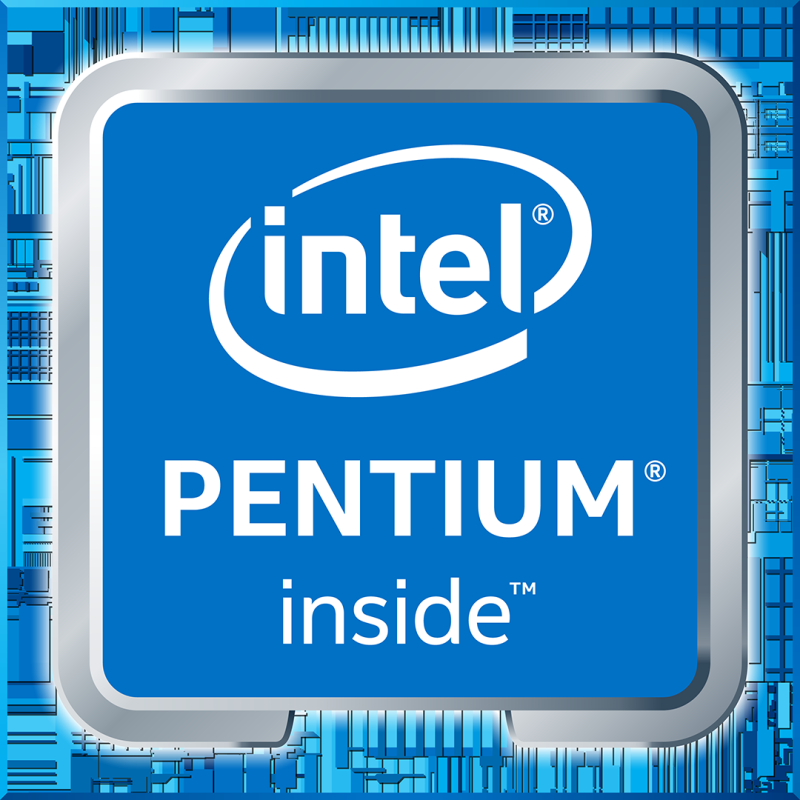
Intel put most of its marketing and PR muscle for IFA this year behind Kaby Lake, the tweaked 4K-friendly version of its flagship Skylake architecture. But you'll only see those chips if you're buying midrange and high-end laptops—slower, lower-end stuff often comes with Celeron and Pentium chips derived from the lower-performance, lower-power Atom chips, and Intel has quietly announced some of those this week, too.
Anandtech has the details on the new 14nm CPUs, dubbed "Apollo Lake." These are a replacement for the Braswell architecture, and they include both the new "Goldmont" CPU architecture and new GPUs that use Intel's Gen 9 integrated GPU execution units (EUs). Gen 9 is the same GPU architecture used in Skylake.
There are a total of six chips, three J-series chips for desktops and three N-series chips for laptops. The key specs are outlined in the table below, but the most important takeaway is that the chips either consume more power or run at lower clock speeds than previous-generation Braswell chips. And at either 6 or 10W, it's worth noting that the chips' TDPs are all higher than the 4.5W Kaby Lake Y-series CPUs.
| Model number | Cores/threads | Clock speed | GPU | TDP |
|---|---|---|---|---|
| Pentium J4205 | 4/4 | 1.5GHz (2.6GHz Turbo) | HD 505 (18 EUs) | 10W |
| Celeron J3455 | 4/4 | 1.5GHz (2.3GHz Turbo) | HD 500 (12 EUs) | 10W |
| Celeron J3355 | 2/2 | 2GHz (2.5GHz Turbo) | HD 500 (12 EUs) | 10W |
| Pentium N4200 | 4/4 | 1.1GHz (2.5GHz Turbo) | HD 505 (18 EUs) | 6W |
| Celeron N3450 | 4/4 | 1.1GHz (2.2GHz Turbo) | HD 500 (12 EUs) | 6W |
| Celeron N3350 | 2/2 | 1.1GHz (2.4GHz Turbo) | HD 500 (12 EUs) | 6W |
Braswell chips are most commonly found in mini-desktops and laptops priced under $300 or $400, and we'd expect Apollo Lake to work the same way. We've seen Chromebooks and low-cost Windows laptops go down below $200 and even $150 in recent years, and all of those devices have used some version of these low-cost Atom-derived chips.
Intel used to offer Atom products for phones and tablets too, but those were all canceled earlier this year—Intel's ambitions for the phone and tablet business are mostly centered on its modems, which are rumored to be included in the next iPhone. Now the only products using these Atom cores are the same kinds of laptops Atom appeared in when it originally launched back in 2008—cheap netbooks with mediocre performance.
reader comments
46